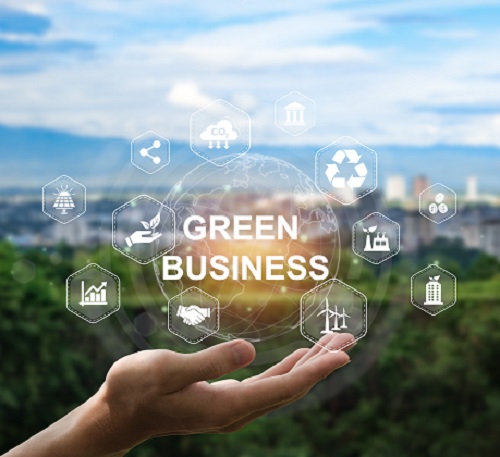Putting Sustainability First
![]()
Summary
-
United Nations Sustainable Development Goals (SDGs, or Global Goals) were agreed by world leaders in 2015 to tackle inequalities, take urgent action against climate change and end poverty
-
We have been quietly getting on with the job in hand, making the sustainable choices
-
Having already achieved our bronze Social Value Quality Mark (SVQM)
-
Engaging with the students at York St John University taking part in one of their In-Panel talks
-
We are about to deliver our first recording of our baseline for emissions with a plan to become carbon net zero
-
On-track to obtain our ISO 14001 in 2025
Current Challenges
With businesses facing many challenges at the moment, from the ongoing cost of living, to rising energy bills and more, there is a lot to juggle. Targets for sustainability are becoming an increasing priority, and something we have embraced at Claritas Solutions.
The United Nations Sustainable Development Goals (SDGs, or Global Goals) were agreed by world leaders in 2015 to tackle inequalities, take urgent action against climate change and end poverty. The aim is to achieve all 17 social, environmental, and economic goals by 2030 to create a better world. Individuals, businesses, and governments all have a part to play in achieving the SDGs. We are extremely proud of our four stars ‘Support the Goals’ rating we achieved at the end of last year. A four stars rating is awarded to organisations who are active in their efforts towards reaching these goals.
Environmental, Social and Governance (ESG)
Long before Environmental, Social and Governance (ESG), became the band wagon everyone is jumping on, we have been quietly getting on with the job in hand, making the sustainable choices like installing an energy efficient boiler, lighting control system, DC charge point for those employees already with an electric car, a new air con system and solar panels in the building we have been in the last 6 years as it was the right thing to do. This year saw us introduce a cycle-to-work scheme and EV (Electric Vehicle) salary sacrifice, similar to cycle-to-work, but for electric vehicles. 90% of our employees have to travel by private car due to limited public transport in the local area. Employees and clients would much rather work with a business that has a bigger purpose to what it does on a day-to-day basis.
Social Value Quality Mark (SVQM)
Having already achieved our bronze Social Value Quality Mark (SVQM), which recognises the highest known standards in values-led business and evidences our commitment as an organisation to ensuring our operations bring societal benefits. We have now committed that we will generate sustainable economic growth, supported by local employment & support the UK’s next generation of IT/technology experts which saw us engaging with the students at York St John University taking part in one of their In-Panel talks as well as holding a specific In Session Talk for selected students.
We are at the start of our net carbon journey in terms of recording a baseline for emissions, having worked with the West Yorkshire Combined Authority for the Leeds City region (LEP) to produce our sustainability plan which is aiding us to measure our business environmental impact, plan how to improve it and supporting us to act on those plans with our environmental consultants, ESL Ltd based in Selby. We aim to reduce our direct emissions by 50% by 2030, will be powered by 100% renewable energy by 2050, and also be a net zero business by 2050. We have delivered all the ‘efficiencies’ immediately possible within our building as confirmed by LEP.
We have also held several workshops and are currently tracking data for all our carbon emissions, including greenhouse gasses. This involves looking at things like our fuel and energy related activities, upstream transport and distribution and waste generated in our operations. Business travel and employee community are also relevant. It does require a significant investment by businesses to review this level of detail, but for all businesses to achieve the UN gaols for 2030, we all need to be acting now.
We are in the process of obtaining ISO 14001, which is the internationally recognised standard for environmental management systems (EMS). It provides a framework for organisations to design and implement an EMS, and continually improve their environmental performance, and we are aiming for completion by October this year.
As a SME (small and medium-sized enterprise) we play a crucial role in addressing the climate crisis by integrating sustainable practices into our everyday business operations. By prioritising environmental responsibility and adopting more sustainable choices we can help drive innovation, open new market opportunities, and ensure long-term economic viability, ultimately contributing to a healthier planet and a resilient business ecosystem.



